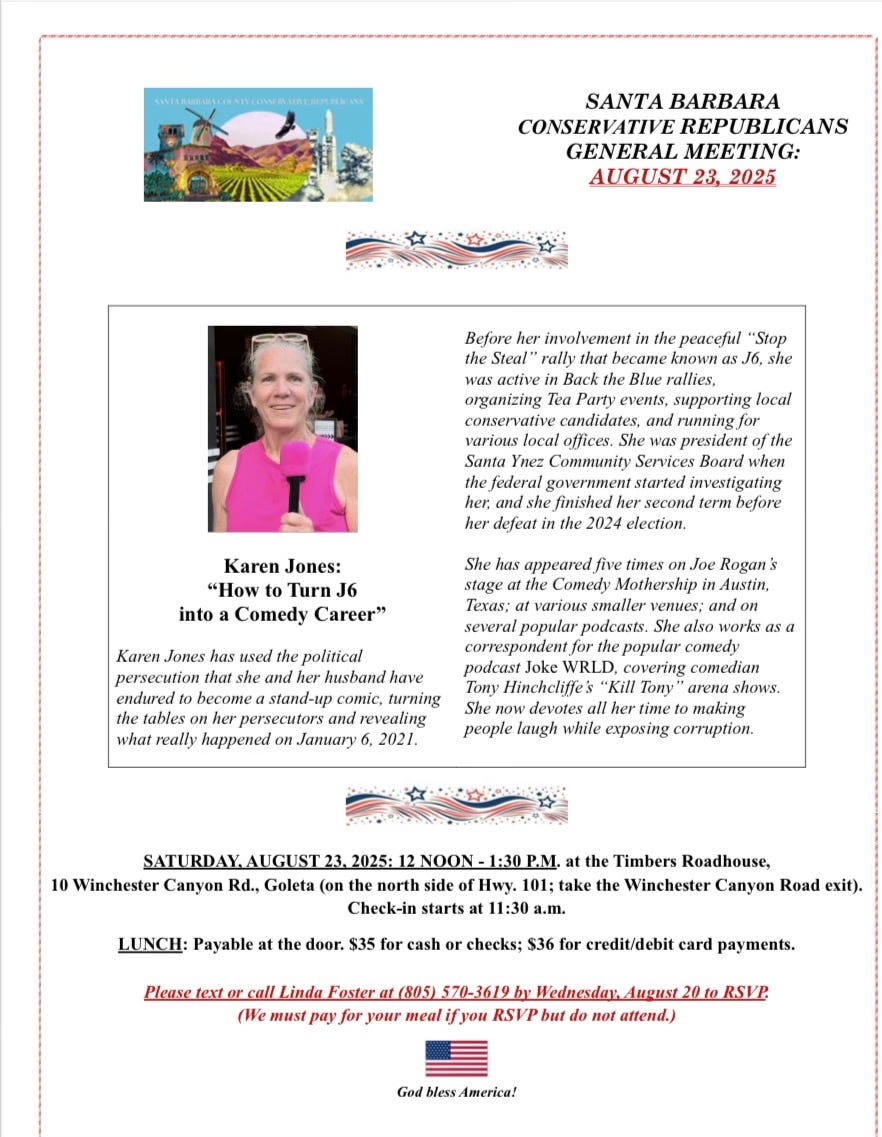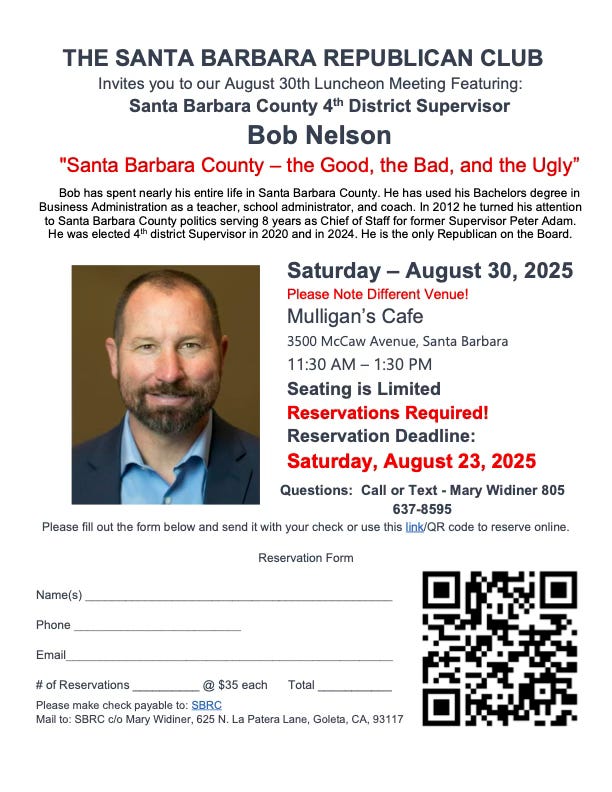Academic BDS is Fueling Campus Antisemitism. Can Washington Stop It?
by Tammi Rossman-Benjamin
Antisemitism on U.S. college campuses has surged to crisis levels. Jewish students are being harassed, excluded and even physically assaulted for expressing support for the Jewish state. In response to this growing hostility, a bill introduced in Congress, the Protect Economic and Academic Freedom Act of 2025, represents a serious and timely step forward.
Unlike previous federal efforts that have focused on protecting students from overt acts of harassment, this bill targets a structural driver of today’s toxic campus climate: the academic boycott of Israel.
This boycott effort, commonly referred to as the academic Boycott, Divestment, Sanctions movement, or BDS, is promoted by faculty members, departments and academic associations seeking to isolate Israeli universities and scholars from academic life. Its most immediate impact is felt on U.S. campuses.
There is no way to implement an academic boycott of Israel without directly and substantively harming U.S. students and faculty by severing research collaborations, canceling programs and restricting academic freedom based on political identity. More than that, academic BDS has become a powerful engine of campus antisemitism, inciting hostility toward students and faculty who express any connection to Israel or Zionism.
The bill’s approach is to confront academic BDS through a financial lens, prohibiting universities from engaging in boycott activity with measurable commercial impact, such as terminating institutional agreements with Israeli institutions or refusing to participate in jointly funded academic programs. That’s a meaningful advance, and the bill brings much-needed attention to a problem that has long been ignored.
The bill frames the boycott as harmful primarily because it targets Israel, a strategic ally of the United States. What it fails to address is the central harm of academic BDS: the discriminatory and exclusionary impact it has on American students and faculty right here at home.
Academic BDS is led globally by the Palestinian Campaign for the Academic and Cultural Boycott of Israel and its U.S. affiliate, the U.S. Campaign for the Academic & Cultural Boycott of Israel. These groups call on faculty and academic institutions to cut off all ties with Israeli universities and, increasingly, with individuals who are Israeli or Zionist. Their guiding principle is “anti-normalization”: the belief that any academic engagement that treats Israel or Zionism as legitimate must be rejected.
On campuses, this has translated into campaigns to block study abroad in Israel, cancel speakers, disrupt events, exclude Jewish organizations such as Hillel and Chabad and target individuals, including students and faculty, for expressing support for Israel. The goal is not protest; it is erasure.
This exclusionary campaign undermines the very mission of the university institution. It suppresses knowledge, censors discourse and punishes dissent. It replaces scholarship with activism and treats Zionist students and faculty as politically suspect and morally unfit for participation in academic life. By framing Zionism as inherently oppressive, it casts Jewish identity itself as something shameful and delegitimized — especially given that the vast majority of Jews consider Israel integral to their Jewish identity.
The impact is not theoretical. A 2024 study by the AMCHA Initiative found that at schools with active Faculty for Justice in Palestine chapters, a USACBI project established to promote academic BDS on U.S. campuses, Jewish students were 7.3 times more likely to be physically assaulted and 3.4 times more likely to receive threats of violence.
These aren’t just isolated incidents; they reflect a broader climate of exclusion and fear, driven in large part by academic BDS and its campaign to delegitimize Zionist identity on campus.
The Protect Economic and Academic Freedom Act responds to this threat by conditioning federal funding on a university’s willingness to maintain access to academic programs involving Israel. That’s a positive development, but to truly confront the campus antisemitism crisis, Congress and federal agencies must go further. Academic BDS must be recognized not just as a foreign policy problem or economic issue but as a domestic civil rights concern. It is a form of discrimination that targets American students and faculty based on their beliefs, identity and associations.
That means ensuring that university policies or practices that marginalize students or faculty based on their Zionist identity — or that exclude Israeli institutions or scholars in ways that harm the academic freedom and educational rights of U.S. participants — are understood as violations of federal civil rights protections.
This is not about silencing dissent. It is about upholding the principles of academic freedom, equal access and nondiscrimination. If the federal government is serious about protecting students and preserving the integrity of higher education, it must meet academic BDS where it lives and reject its exclusionary logic at every level.
Tammi Rossman-Benjamin is the executive director of AMCHA Initiative, a nonprofit organization that combats antisemitism on college campuses across the U.S. She was a faculty member at the University of California for nearly two decades.
This story originally appeared in the Washington Times
Advertisement:
Click here to Support Bob Smith’s Campaign – Make a Difference Today!
Current Events:
***** Publishers Note: Join us this Thursday, August 21st at the Aijian Ranch in Santa Barbara for a special program on ending the war on children, featuring Lt. Gen. Mike Flynn, journalist Lara Logan, and Mike Smith, director of Out of Shadows and Into The Light. See flyer below or contact Carolyn Aijian at (805) 452-6688 for more details. Grab your tickets now—don’t miss this! *****







I go to Santa Barbara Current for local political news, not pieces that have already run in national newspapers. We have so much going on in Santa Barbara County and in CA and so much at stake with the next election. Rather than rerun a piece like this, why not investigate anti-Semitism here? I expect better from SB Current.
UCSB, UCLA, BERKELEY, IRVINE all experienced annual votes on BDS for years on end as well as major campus unrest with severe antisemitic themes. With the start of a new school year, 9/11 and 10/7 soon upon us many wonder if our kids are going to be safe and are our tax dollars funding education that is contrary to the values we hold dear. What occurs on our college campuses finds its way into all aspects of k-12 education, think ethnic studies, so while the article deals with legislation out of DC it has very real local impact. Thank you SB Current.